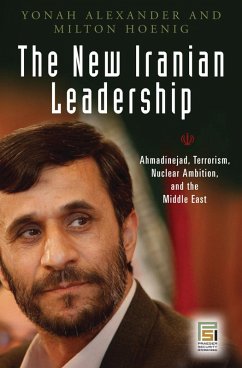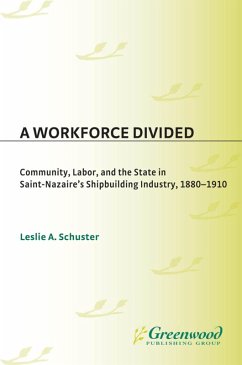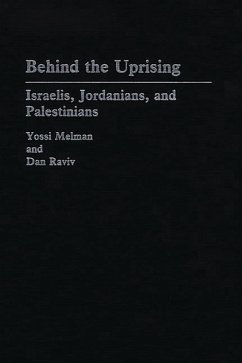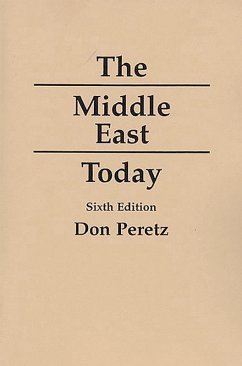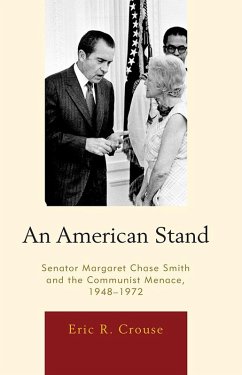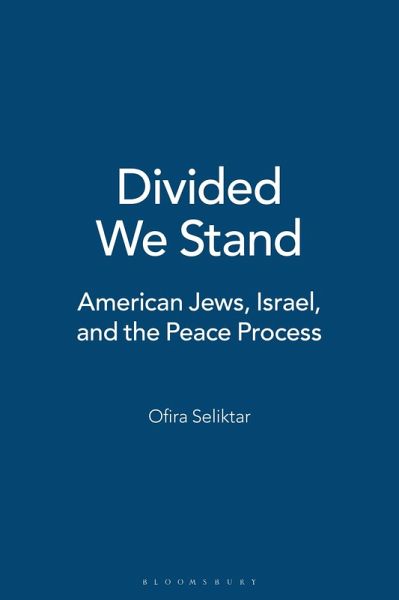
Divided We Stand (eBook, PDF)
American Jews, Israel, and the Peace Process
Versandkostenfrei!
Sofort per Download lieferbar
58,95 €
inkl. MwSt.
Weitere Ausgaben:

PAYBACK Punkte
29 °P sammeln!
The relationship between Israel, American Jews, and the peace process has been a subject of passionate debate among scholars, political activists, and lay observers alike. This book is the first rigorous attempt to chart the impact of the peace process on the American Jewish community and its relationship with Israel, as mediated by the changing identity needs of American Jews. Overall, the trajectory of this relationship has been from a wide consensus of support for Israeli foreign policy, toward increasing polarization. On one side is the peace camp composed mainly of those whose Jewish-Amer...
The relationship between Israel, American Jews, and the peace process has been a subject of passionate debate among scholars, political activists, and lay observers alike. This book is the first rigorous attempt to chart the impact of the peace process on the American Jewish community and its relationship with Israel, as mediated by the changing identity needs of American Jews. Overall, the trajectory of this relationship has been from a wide consensus of support for Israeli foreign policy, toward increasing polarization. On one side is the peace camp composed mainly of those whose Jewish-American identity is based on a religious-universalistic definition of Judaism; on the other, those who identify as nationalistic, or orthodox in religious terms, and support a hard-line vision of Greater Israel. The acrimony between the two, combined with demographic change, has undermined Israel as a symbol of Jewish identity in America, and impeded effective lobbying for Israel.







